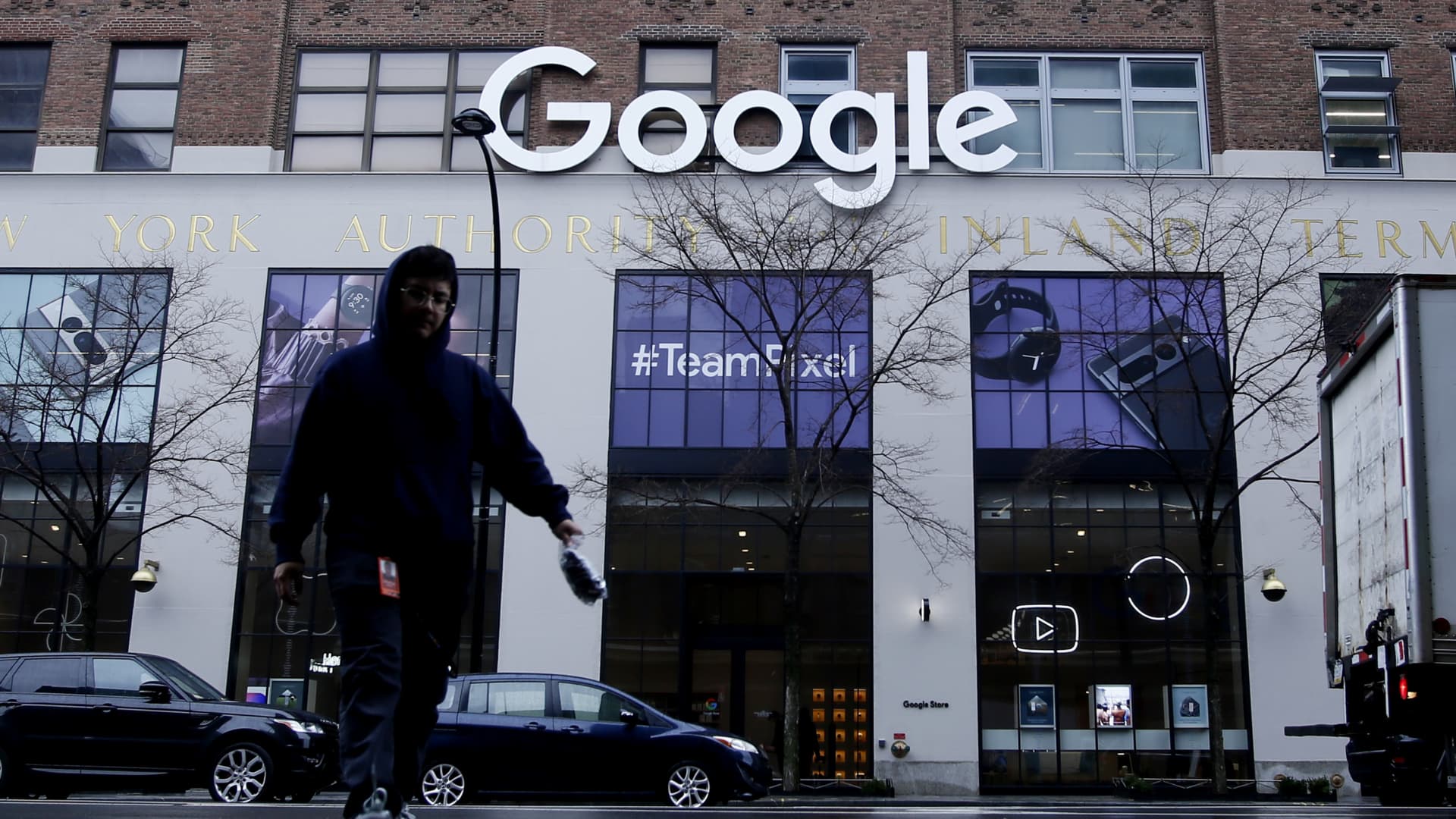Technology
Monday, January 29th, 2024 3:21 pm EDT
Key Points
- Activist Interest in Tech Market: Activist investors are increasingly targeting the tech market as signs of life emerge in mergers and acquisitions (M&A) at the beginning of 2024, following a two-year decline in the industry. Activists, known for acquiring significant stakes in companies with the aim of pushing for a sale at a higher price, are capitalizing on the expectation of more deals in the tech sector. Their campaign efforts often hinge on an active market of buyers, and while they can pressure executives to cut costs and enhance operations, realizing profits often requires actual deal activity.
- Challenges in Tech Sector and Activist Pressure: The tech, media, and telecom deal volume witnessed a significant decline from $856 billion in 2021 to $255 billion in the past year, prompting companies to shift focus from acquisitions to cost-cutting measures, including mass layoffs. Layoffs in the industry surged by 60%, affecting more than 262,000 jobs, as companies acknowledged over-aggressive hiring during the Covid boom. Activists, operating behind the scenes, are believed to be exerting pressure, claiming that founder-led tech companies are often inefficiently run and likening them to a “frat house.” As cost-cutting opportunities diminish, longer-term activist shareholders are anticipated to push for breakups or sales, prompting a changing environment in the tech sector.
- Renewed Dealmaking and Proxy Fights: Despite the prevalence of layoffs, some tech companies are exhibiting a willingness to engage in significant deals. In January 2024, mega tech deals include Synopsys acquiring Ansys for about $35 billion, Hewlett Packard Enterprise buying Juniper Networks for around $14 billion, and Roper announcing a $1.75 billion purchase of Procare Solutions. Activists are also actively pushing companies like Twilio to sell or break up. The article highlights instances where activists, such as Starboard Value, successfully influenced tech companies to enter the M&A market. Additionally, developments like the introduction of the universal proxy card by the SEC, though not yet having a significant impact, suggest potential changes in corporate dynamics. The tech sector is bracing for possible proxy fights, and companies may be less willing to cede control of the board without a battle, marking a dynamic landscape for activist investors in the tech market.
As the tech industry emerges from a two-year decline in mergers and acquisitions (M&A), activist investors are intensifying their focus on the sector, sensing a revival in deal activity in 2024. Activists, known for acquiring significant stakes in companies with the aim of pushing for a sale at a higher price, are increasingly recognizing the need for an active market of buyers to fully realize their campaign efforts. With a drop in tech, media, and telecom deal volume from $856 billion in 2021 to $255 billion in 2023, companies shifted focus from acquisitions to cost-cutting measures, including mass layoffs, acknowledging over-aggressive hiring during the Covid boom. Layoffs in the tech industry surged by 60%, affecting more than 262,000 jobs. Activists, behind the scenes, have been applying pressure, believing that founder-led tech companies are often inefficiently run, likening them to a “frat house.”
Despite the prevalence of layoffs, some tech companies are displaying a willingness to engage in significant deals. Notably, in January 2024, Synopsys agreed to acquire Ansys for about $35 billion, Hewlett Packard Enterprise announced the acquisition of Juniper Networks for around $14 billion, and Roper revealed a $1.75 billion purchase of Procare Solutions. Two different activists are pushing Twilio to sell or break up, with potential strategic buyers identified as Adobe or Zoom. Salesforce, which faced activist campaigns, managed to quell them through rapid cost-cutting measures.
Activists, leveraging their influence, have historically nudged tech companies towards the M&A market. Starboard Value’s disclosure of a nearly 5% stake in Splunk in October 2022 prompted Cisco’s interest, ultimately leading to a $28 billion acquisition. The introduction of the universal proxy card by the SEC in 2022, listing all director nominees on one card, is another factor affecting corporate dynamics. Though its impact has been limited so far, signs suggest it might be gaining relevance, evidenced by ongoing efforts by groups like the Strategic Organizing Center at Starbucks to secure board seats focusing on worker treatment. With a potential uptick in proxy fights and companies potentially becoming more resistant to ceding control without a battle, activists are poised to play a pivotal role in shaping the trajectory of tech companies in the evolving M&A landscape.
For the full original article on CNBC, please click here: https://www.cnbc.com/2024/01/29/activists-eyeing-tech-stocks-ahead-of-expected-ma-rebound-after-lull.html




